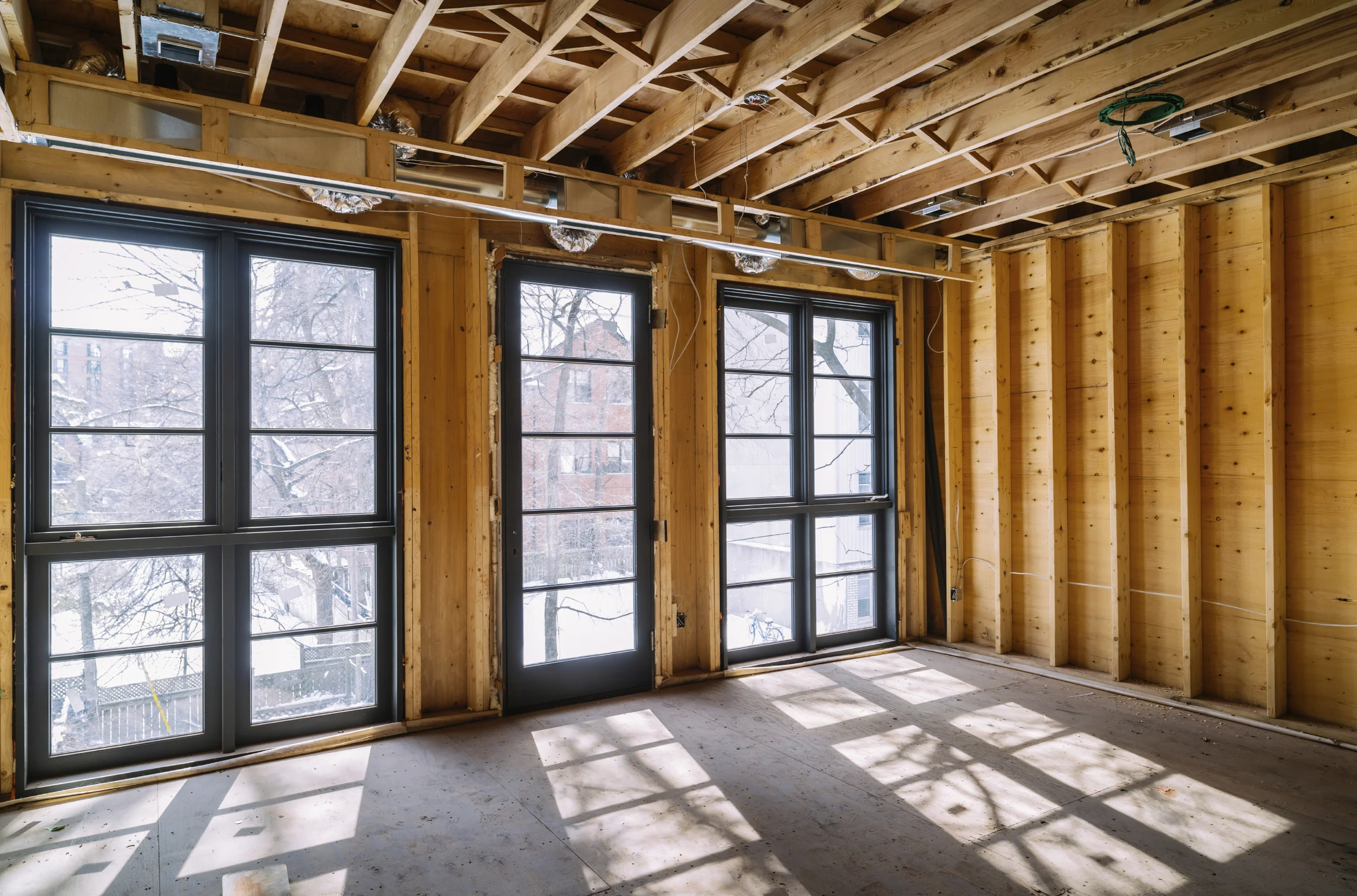
Thoughts about real estate litigation
While I am no longer handling lawsuits, here are my thoughts about the forms real estate litigation can take.
Many cases arise from the formation or performance of real estate purchase agreements.
Lawsuits for breach of a purchase agreement and specific performance occur when one of the parties fails to perform their obligations under a contract. A breach of contract action seeks to recover damages resulting from the breach. In a specific performance action, a buyer or seller asks the court to compel the other party to perform the contract.
Fraud and rescission lawsuits arise when one party has been misled by the other party’s material misrepresentations or non-disclosures. Such cases are fairly common in the sale of residential real estate and also occur in the sale of commercial real estate. Damages (including punitive damages) are the primary object of a fraud lawsuit. The purpose of a rescission action is to unwind a transaction (this can result in the “re-purchase” of the property by the seller).
Brokerage commission lawsuits are based on a commission agreement that is signed when a property is listed for sale or when a real estate purchase agreement is signed. These cases can give rise to a number of factual and legal issues concerning a broker’s entitlement to a commission.
Lawsuits also arise from the financing of the purchase of real property. For example, a borrower or his agent may commit mortgage fraud. Or an appraiser may be negligent in determining the fair market value of the property.
A title insurance policy is another contract that is obtained when real property is purchased. The provisions of the title policy itself may be a source of litigation. Or if the insured is sued, the title insurer may pay for the defense of the lawsuit and may indemnify the insured against claims for damages.
Leases also give rise to considerable litigation.
Lawsuits between landlords and tenants typically examine the performance of one or both parties under the lease, such as: the payment of rent, or the failure to maintain and repair the premises. In commercial cases, the interpretation of the lease terms may be at issue. For example, is the landlord or tenant obligated to replace the roof or make other structural repairs to the property?
The breach of a commercial lease can give rise to significant damage claims and often result in unlawful detainer (eviction) actions that proceed on a priority basis.
A tenant may try to break a lease by claiming a “constructive eviction” based on deficiencies in the property as well as suing for damages. To claim a constructive eviction, there must be a material problem with the premises and the tenant must vacate.
When a tenant terminates a lease prematurely, for example by abandoning the premises, the main issue is the nature and extent of the landlord’s damages over the remaining term of the lease.
Construction lawsuits are another common type of real estate litigation.
Property owners frequently sue contractors and subcontractors for construction defects and for delays in completing a project.
Contractors and subcontractors often sue property owners for money due under the contract and seek to enforce their claims by foreclosing a mechanic's lien. Change orders are often the subject of these lawsuits.
From the defense perspective, the licensing of the contractor, the supervision of the project (or lack thereof), the quality of the work, the documentation of changes or additional work, and the contractor’s billing practices will be scrutinized.
Other cases implicate basic property rights or the right to own, use and enjoy real property.
In an eminent domain action, a government agency tries to force the property owner to sell his property. The owner can try to keep the property or at least obtain the fair market value from the government. An inverse condemnation action arises when a government agency damages or destroys real property, in effect taking all or part of it without a court proceeding. In such a case, the owner will seek damages for the taking.
Land use litigation can determine how an owner may use his or her property. Land use and subdivision issues also frequently arise in breach of contract cases.
Boundary and ownership disputes give rise to quiet title and partition actions. In a quiet title action, the Court determines who owns what. In a partition action, a Court may force co-owners to sell the property and divide the proceeds.
Disputes between property owners and homeowners associations result when the owner determines the association has not protected his or her interests.
Some real estate lawsuits are filed to remedy the physical interference with property rights by:
Environmental pollution of the soil or groundwater;
A private nuisance such as noise created by a neighboring owner in a condominium complex;
A trespass onto property; or,
The improper use of an easement or the establishment of an easement.
